The dialogue session was chaired by Prime Minister Pham Minh Chinh, bringing together more than 300 delegates including senior officials, representatives of international and regional organizations, and businesses.
At the dialogue, Prime Minister Pham Minh Chinh highlighted the essential role of the business community and international investors in Vietnam’s green transformation journey towards sustainable growth. The Prime Minister affirmed that Vietnam is strongly committed to creating the most open, transparent and favorable investment environment for foreign investors.
"Vietnam is carrying out extensive administrative reforms, restructuring the apparatus, streamlining agencies, and moving towards an effective government. This will remove bottlenecks in administrative procedures and reduce barriers for investors and businesses when investing in Vietnam," the Prime Minister shared.
Along with that, Prime Minister Pham Minh Chinh noted that the public-private partnership (PPP) model plays a particularly important role, not only in the green transition process but also in many other socio-economic fields.
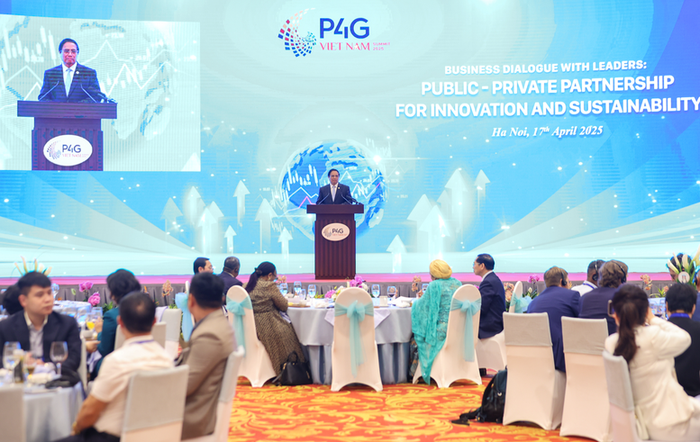
The dialogue session was chaired by Prime Minister Pham Minh Chinh, bringing together more than 300 delegates including senior officials, representatives of international and regional organizations, and businesses.
According to the Prime Minister, the capital can come from the public sector, that is, State investment, but the operation and management of the project can be completely assigned to the private sector - which has experience, flexible and effective management capacity. The coordination between the State and private enterprises will create a synergistic strength, helping to implement projects faster, more economically and bringing more real value to the economy and the people.
On this issue, Ms. Amina Mohammed, Deputy Secretary-General of the United Nations, said that in this partnership, the public sector plays a role in creating, building a legal framework, appropriate fiscal policies, providing financial tools as well as ensuring public interests and the ability to implement large-scale projects. Meanwhile, the private sector has the ability to mobilize capital, modern technology and innovation. The coordination of these two sectors will reconcile the profit goal with environmental, social and development constraints, thereby promoting the clean energy transition, developing a circular economy, restoring nature and inclusive digital transformation.
"For public-private partnerships to be effective, it is necessary to promote projects with high liquidity, attract investment flows, develop local capacity and bring harmonious benefits to all participants," Ms. Amina Mohammed emphasized.
The Italian Prime Minister's Special Envoy for Climate Change, Mr. Francesco Corvaro, shared that in Italy, the government has played a pioneering role in leading investment, thereby attracting the private sector to participate in key areas such as renewable energy and sustainable green technology, developing public transport systems, etc. According to him, this model is not only effective in developed countries like Italy, but is also particularly suitable for the context and needs of developing countries, including Vietnam.
"Green transition requires huge resources, possibly hundreds of millions of dollars, while public resources are limited. Therefore, building favorable public policies will be key to attracting the private sector to join this journey," Mr. Corvaro emphasized.
After 4 working days (April 14-17), with more than 20 in-depth and substantive discussions, the 4th P4G Summit 2025 ended successfully. Ms. Robyn McGuckin, Executive Chairman of P4G, announced the continued support of an additional 4.7 million USD for 17 startups and reaffirmed the commitment of the Korean Government to contribute 1.8 million USD to P4G.
At the Conference, countries and international organizations made many commitments to support and contribute to green transformation and sustainable development goals: Korea committed to providing financial support for P4G in the coming period; UAE will support 50 billion USD for renewable energy projects in 70 countries; Japan supports many projects for 25 countries through a credit sharing mechanism, contributing to the global carbon reduction goal. Countries also set goals to reduce greenhouse gas emissions and become carbon neutral through voluntary national contributions.
Source: https://phunuvietnam.vn/tang-truong-xanh-can-su-phoi-hop-giua-nguon-luc-cong-tu-20250417210640218.htm


![[Photo] General Secretary concludes visit to Azerbaijan, departs for visit to Russian Federation](https://vphoto.vietnam.vn/thumb/1200x675/vietnam/resource/IMAGE/2025/5/8/7a135ad280314b66917ad278ce0e26fa)

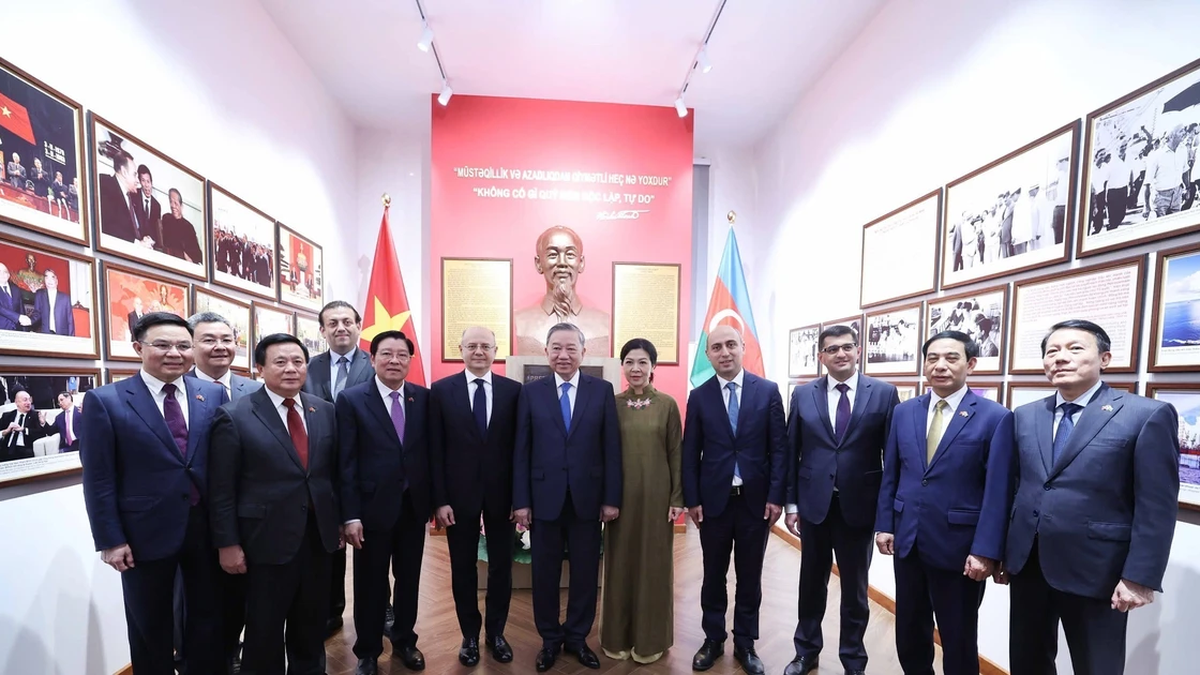
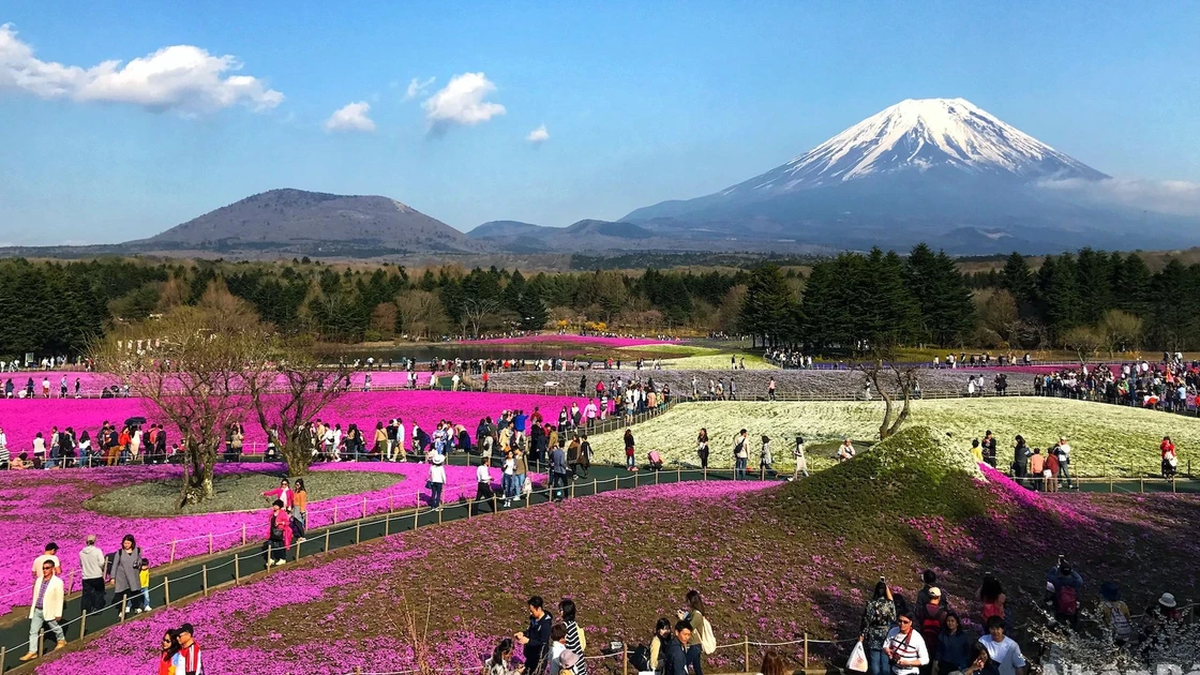
![[Photo] General Secretary To Lam receives leaders of typical Azerbaijani businesses](https://vphoto.vietnam.vn/thumb/1200x675/vietnam/resource/IMAGE/2025/5/8/998af6f177a044b4be0bfbc4858c7fd9)

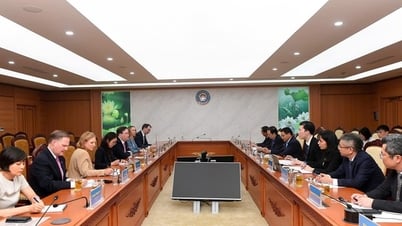
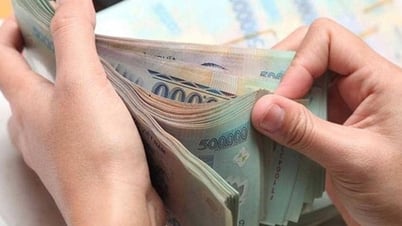


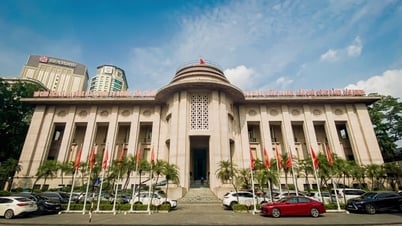





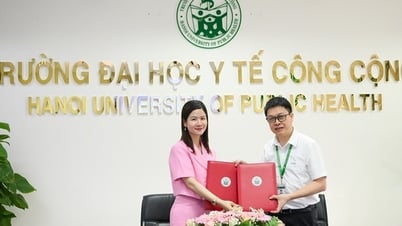




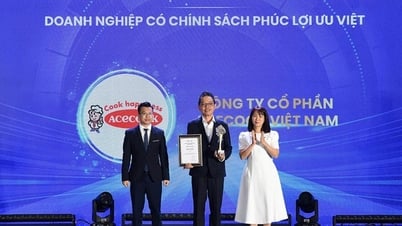


































![[Photo] Prime Minister Pham Minh Chinh talks on the phone with Singaporean Prime Minister Lawrence Wong](https://vphoto.vietnam.vn/thumb/402x226/vietnam/resource/IMAGE/2025/5/8/e2eab082d9bc4fc4a360b28fa0ab94de)













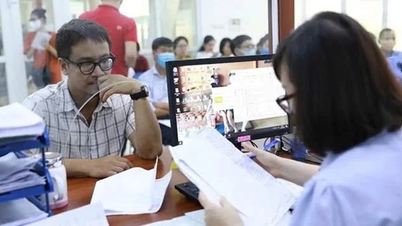


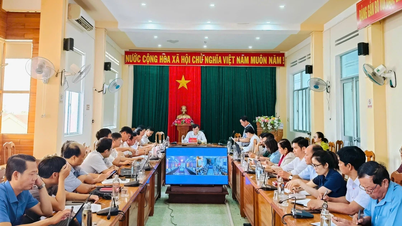

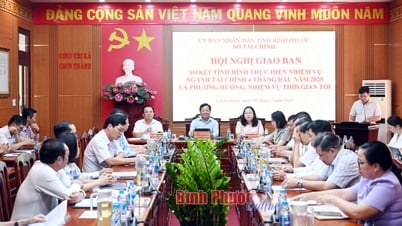















Comment (0)